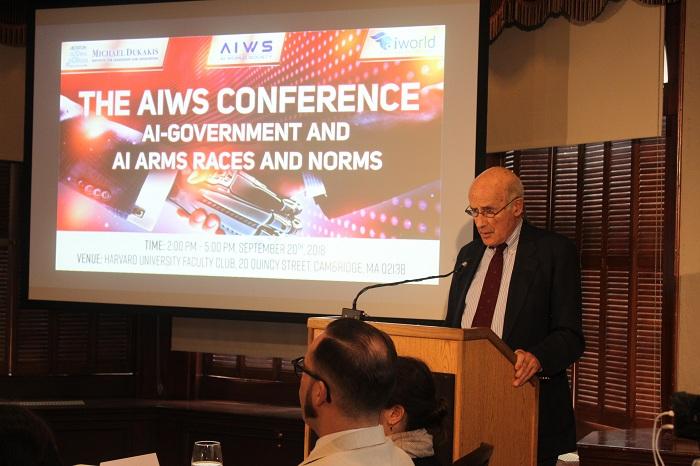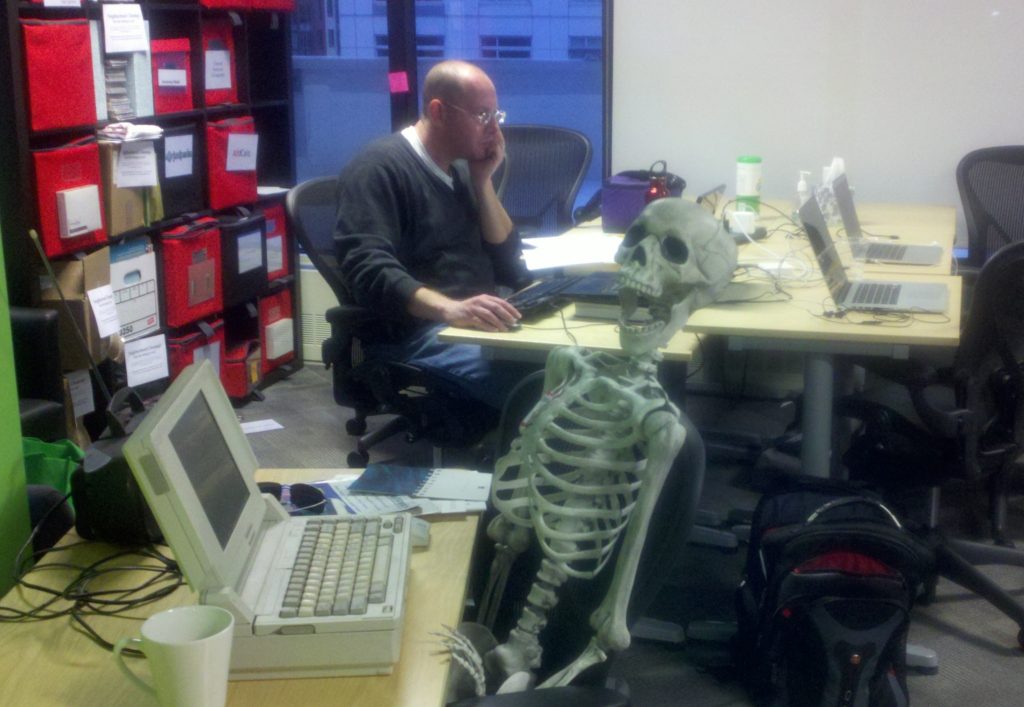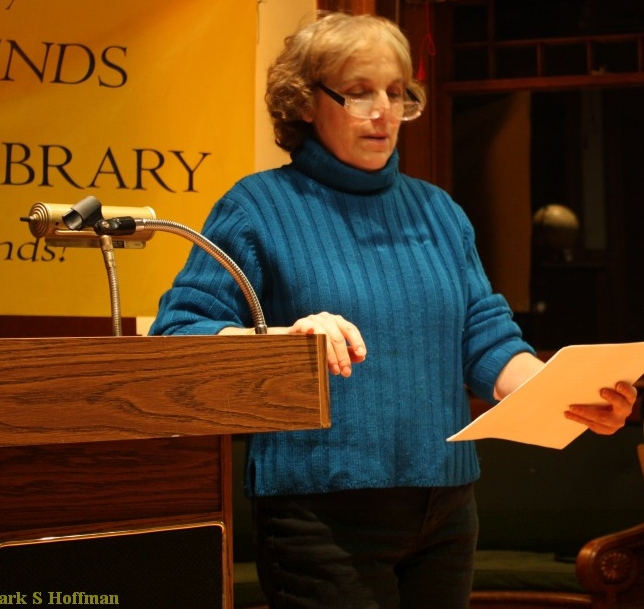Artificial intelligence is likely to transform the public sector by automating many government tasks—including making combat decisions....
Marketing
With her own kickstarter still in progress, author Anita M. Harris congratulates BTW's Harold Simansky for reaching...
Cambridge-Paris Ariana Pharma reports that it has joined the WIN Consortium as an official technology partner....
BTW Magazine for beautiful, sustainable homes is 3 days and $3K away from its kickstarter goal;...
Anita M.Harris' forthcoming Ithaca Diaries, Coming of Age in the 1960's is not just for "boomers,"...
Authors Anita M. Harris, and Dick Pirozzolo, will speak on book publishing at the Weston MA...





